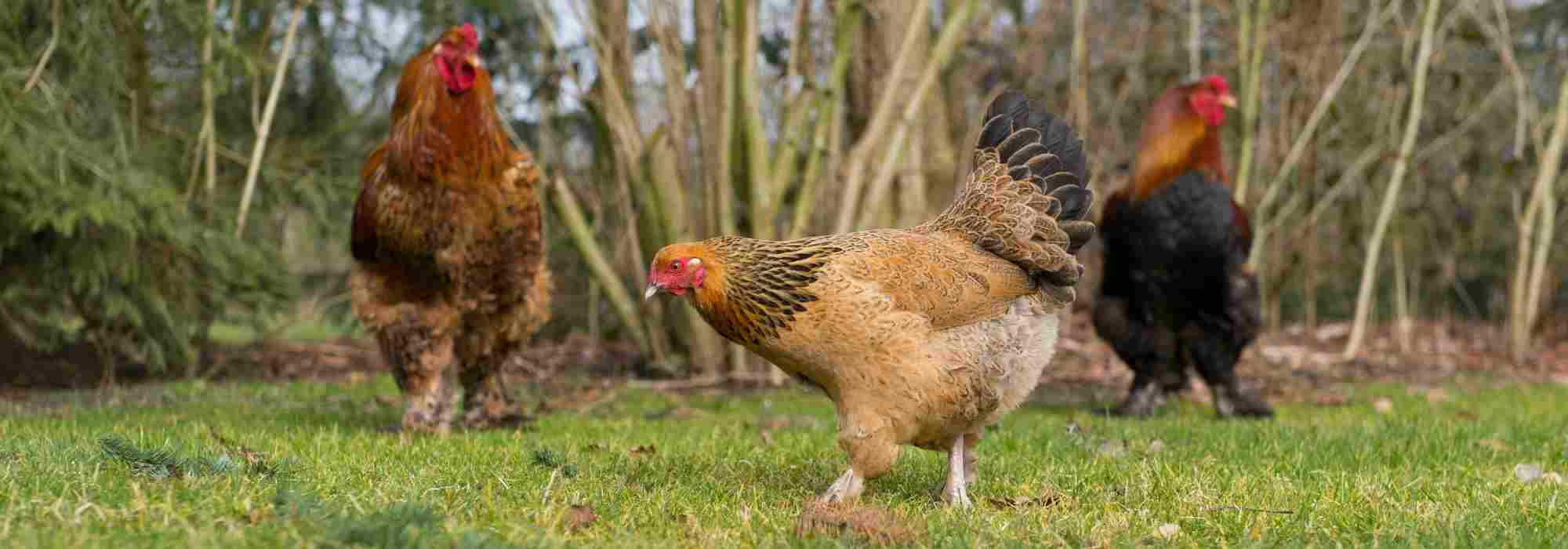
Opt for Natural Remedies to Keep Your Hens in Top Condition
Guide to Natural Treatments for Chickens
Contents
Keeping chickens in your garden is a daily delight! Fresh eggs, pleasant companionship and entertaining antics: hens have it all. But like all living creatures, chickens can fall ill or become infested with parasites. Don’t panic! Before rushing for chemical treatments or desperately searching for a vet willing to treat poultry, why not try natural remedies? They’re simple to use, effective and environmentally friendly. Most importantly, they’re very useful for preventing common poultry diseases or parasitic infestations.
When facing common illnesses and numerous parasites that threaten our hens, discover the treasures from our garden and other natural remedies to treat them and keep them in tip-top condition!
Hens, fragile creatures susceptible to diseases and parasitic infections
Despite their robust appearance, hens are exposed to various diseases and numerous parasitic threats that can compromise their health and wellbeing, even causing death. These are tenacious enemies, visible or invisible, which can sometimes be difficult to eliminate.
Among the most common threats are external parasites. Particularly red mites, blood-sucking mites that can cause severe anaemia and even kill your hens. Often well-established in wooden coops, they are tricky to eradicate. Common lice and chewing lice cause itching and irritation. Lastly, hens can suffer from mange caused by mites, affecting either their bodies or legs.
There are also numerous internal parasites, more insidious as they remain unseen. Intestinal worms weaken hens, reduce egg-laying, and can cause diarrhoea, while coccidiosis, an intestinal parasitic disease, leads to bloody diarrhoea.
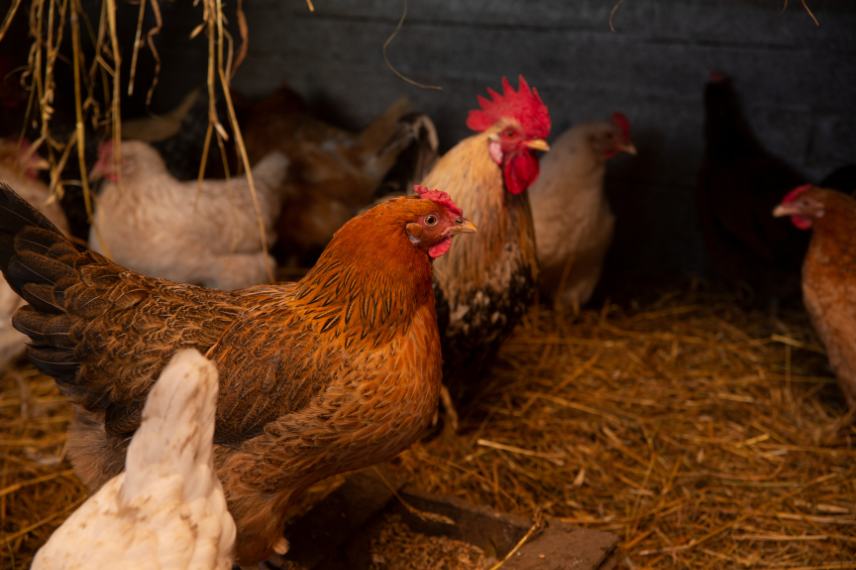
Hens are prone to certain illnesses like infectious coryza, as well as infestations of external and internal parasites
Finally, hens can be affected by various diseases, notably infectious coryza, a respiratory infection causing sneezing, nasal discharge, and breathing difficulties.
That said, I’m far from painting an entirely apocalyptic picture…
A clean and healthy environment, a balanced diet, and regular monitoring help strengthen hens’ immune systems and significantly reduce health risks. As for remedies—whether from the garden or natural commercial products—they are often highly effective as preventive measures. These are interesting alternatives to conventional treatments, as they have the advantage of not affecting egg production or the safety of consuming eggs.
Read also
What diet for laying hens?Remedies for Hens, Straight from the Garden
Our garden is full of medicinal plants that can help treat our chickens in a natural and gentle way. Most of these plants strengthen the chickens’ immune systems, making them more resilient against diseases and parasites.
Thyme
Thyme (Thymus) is known for its antibacterial and antiviral properties, particularly for the breathing system, as it is a powerful expectorant. This is why thyme is highly effective in preventing and treating coryza, commonly known as chicken colds. It is also a strong antiseptic that can be used to treat minor wounds and scratches on your hens. Additionally, it has antiparasitic properties, meaning it helps eliminate intestinal worms. Not to mention its beneficial effect on boosting immune defences. In short, thyme is a must-have in your chicken coop’s medicine cabinet!
How to administer it?
- As an infusion: steep 20 g of thyme in a litre of lightly simmering water for 15 minutes. If illness is present, give the infusion undiluted. For prevention, dilute it at a ratio of one part infusion to two parts water. You can add oregano, mint, rosemary, or common sage to enhance its effectiveness. Administer preventively once a month in spring and summer, and every two weeks in autumn and winter.
- Mixed into their mash: about 10 g of dried thyme or the equivalent of two branches of fresh thyme.
- Planting a young plant of thyme in their enclosure or grassy run: chickens will naturally peck at it (usually!).
Oregano
Like thyme, oregano (Origanum) holds valuable medicinal properties for chickens. It boosts immunity and has anti-inflammatory, antiseptic, and expectorant qualities. This makes it effective in treating coryza and coccidiosis in chicks. Additionally, besides being rich in vitamins and minerals, oregano has antimicrobial, antiviral, and antibacterial benefits. It can also help disinfect minor wounds.
How to administer it?
- As an infusion: a handful of fresh oregano (leaves, stems, and flowers) or 10 g of dried oregano in a litre of lightly simmering water. Steep for 15 minutes.
- Mixed into their mash: 1 g of dried oregano.
- A young plant of oregano in their grassy run or enclosure.
Garlic
Like thyme, garlic (Allium sativum) is a traditional remedy, even for chickens. Effective for the immune system, it is also known as an antibiotic and antiseptic, as well as a natural dewormer. It helps combat many diseases, viruses, and bacteria, while also preventing intestinal and external parasites.
How to administer it?
- One pod, finely chopped, per chicken per day for ten days. Repeat 3 to 4 times a year (though some pickier chickens may refuse to eat garlic!).
- As a powder sprinkled into their mash, at the same frequency as whole garlic.
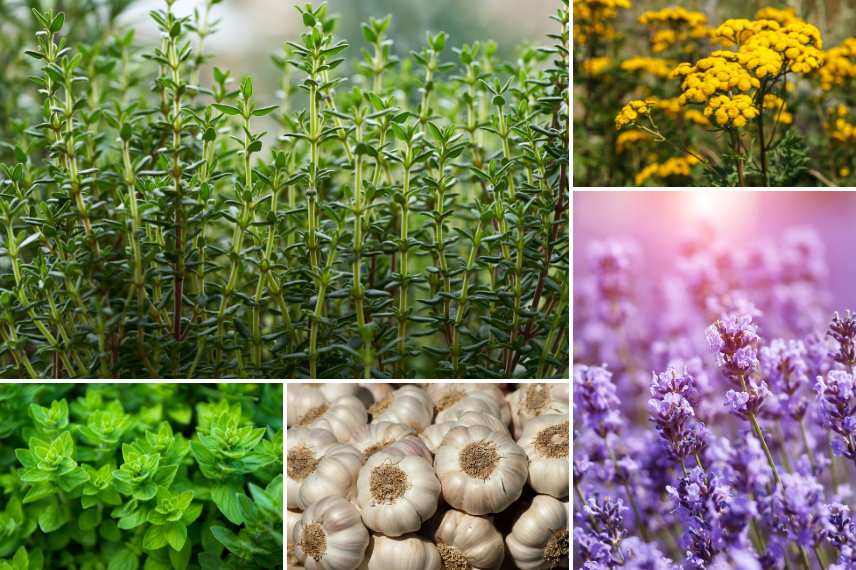
The ideal first-aid kit for chickens!
Lavender
Lavender (Lavandula) is useful for chickens in several ways: it has calming effects and reduces stress. It can also act as an external antiparasitic. Its strong scent repels parasites like mites and lice. To benefit from its effects, simply scatter fresh or dried branches of lavender on the coop floor and in nesting boxes. You can also hang them. Alternatively, make a lotion by steeping lavender flowers in warm rainwater to spray.
Tansy
Tansy (Tanacetum) is renowned for its antiparasitic properties. As a repellent, it helps combat external parasites like red mites. It also promotes intestinal hygiene in chickens and helps manage internal parasite infestations.
How to administer it?
- In the coop: scatter dried leaves and flowering stems in nesting boxes and laying areas, as well as in coop corners where red mites like to hide.
- As an infusion: 2 tablespoons of dried tansy in 250 ml of boiling water, steeped for 15 minutes. This infusion should be given to chickens for two consecutive days, diluted in their water.
Natural treatments beneficial for hens
Beyond the plants in our garden, other natural remedies can be used to care for our hens.
Wood Ash
Whether you have a fireplace or a wood stove, you may sometimes use wood ash in the garden. But did you know it’s also very useful in the henhouse? It can be used in several ways. Firstly, it acts as a preventive treatment against external parasites, particularly red mites. Simply sprinkle wood ash on the floor of the henhouse or mix it into your hens’ litter layer.
Wood ash is also appreciated by hens, who will naturally take dust baths in it. You can place a good layer in a wooden crate or in a sheltered hollow in their enclosure. Beforehand, it’s recommended to sieve the ash to remove any splinters, staples, or nails…
Diatomaceous Earth
Uncalcined diatomaceous earth is a renowned antiparasitic, 100% eco-friendly and natural, as it comes from crushed marine micro-skeletons. It proves highly effective against red mites, poultry lice, fleas… and other insects. It’s therefore an insect repellent that can be used like wood ash, either in dust baths or sprinkled in the henhouse, nesting boxes, and laying nests.
As for uncalcined white diatomaceous earth, it is food-grade. It can thus be added to feed as a dewormer and insect repellent. Refer to the packaging for dosages, which vary between brands.
Apple Cider Vinegar
You likely have apple cider vinegar in your cupboard for dressing salads and raw vegetables. Did you know hens can also benefit from it? It’s a common dewormer, but it’s also known for its benefits on digestion, immune system support, infection prevention, and parasite control.
How to administer it? Simply dilute 5 to 10 ml of organic apple cider vinegar in a litre of water. This “potion” should be offered to hens for a week—they’ll drink it without issue. Repeat every three months. Apple cider vinegar can also be mixed into their mash.
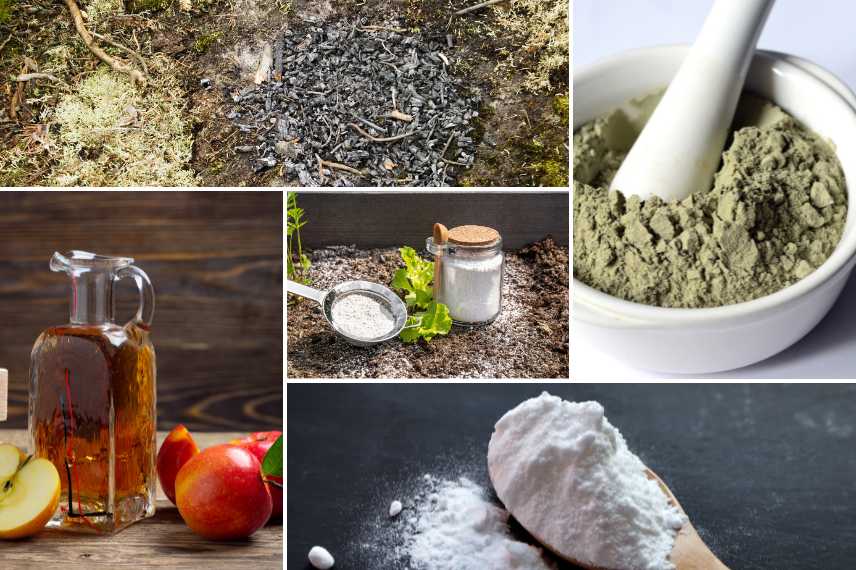
100% eco-friendly and natural treatments for hens!
Bicarbonate of Soda
Bicarbonate of soda can be used in various ways. In summer, it helps regulate blood pH to combat the effects of extreme heat. Simply dissolve 2.5 g of bicarbonate of soda in a litre of water and add this dilution to their drinking water. This will also strengthen eggshells.
Bicarbonate of soda is also known as an effective disinfectant for cleaning the henhouse.
Green Clay
This is a natural purifier for hens, improving digestive function and preventing internal and external parasites. It also aids in healing minor wounds.
How to administer it?
- Diluted: one teaspoon in a litre of water. Mix and let it settle, then give the mixture to the hens as is.
- In dust baths, mixed with sand or wood ash.
- As a poultice: mix a little clay with water to form a paste and apply it to the wound.
- Subscribe!
- Contents
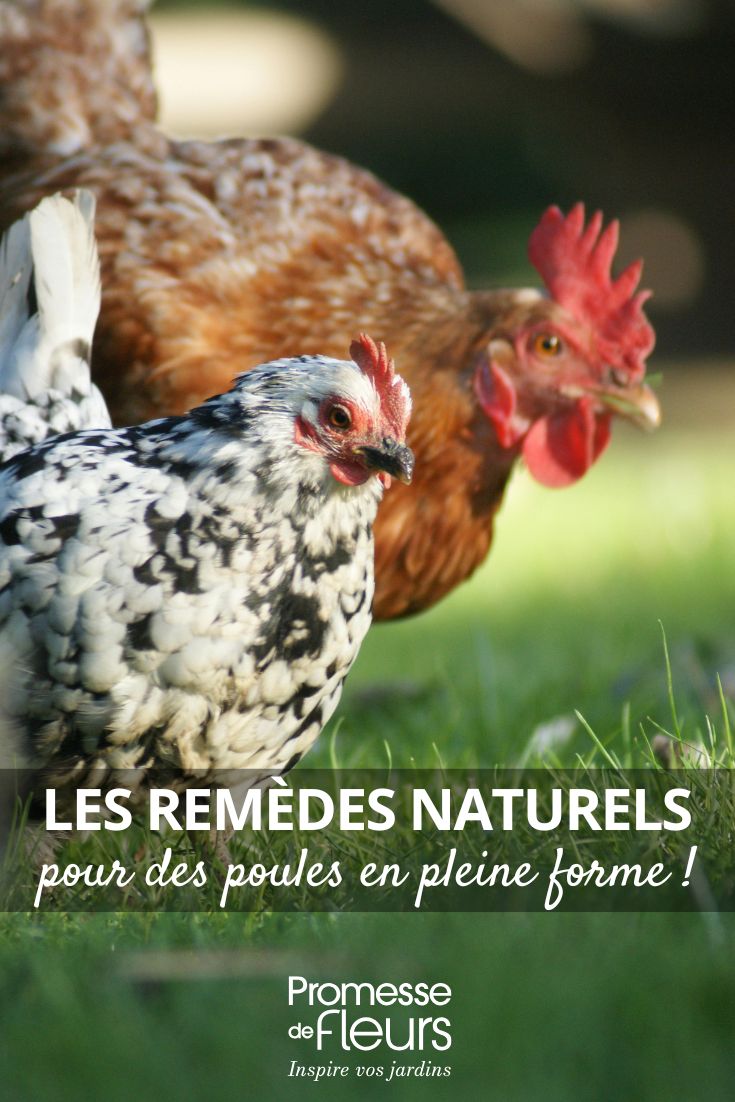































Comments